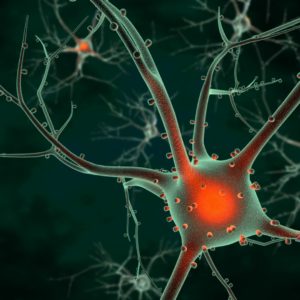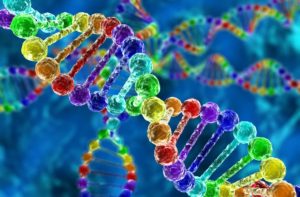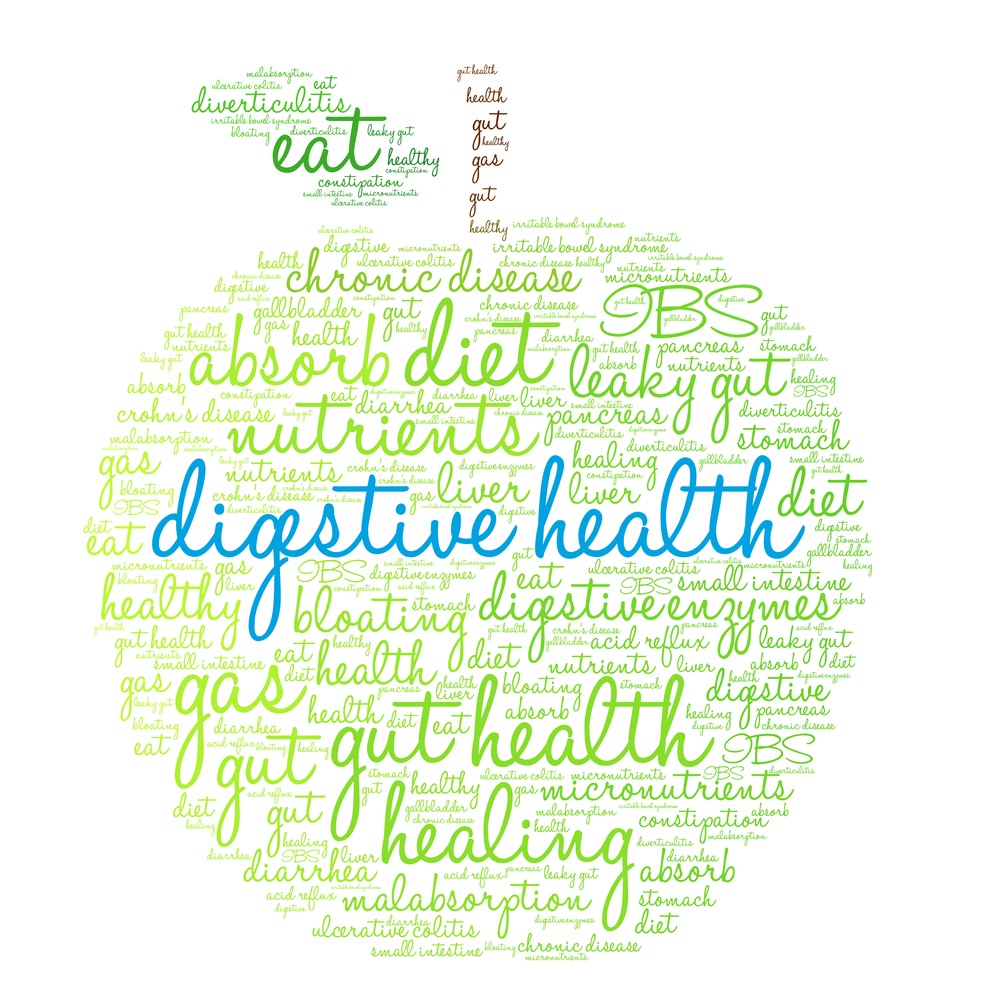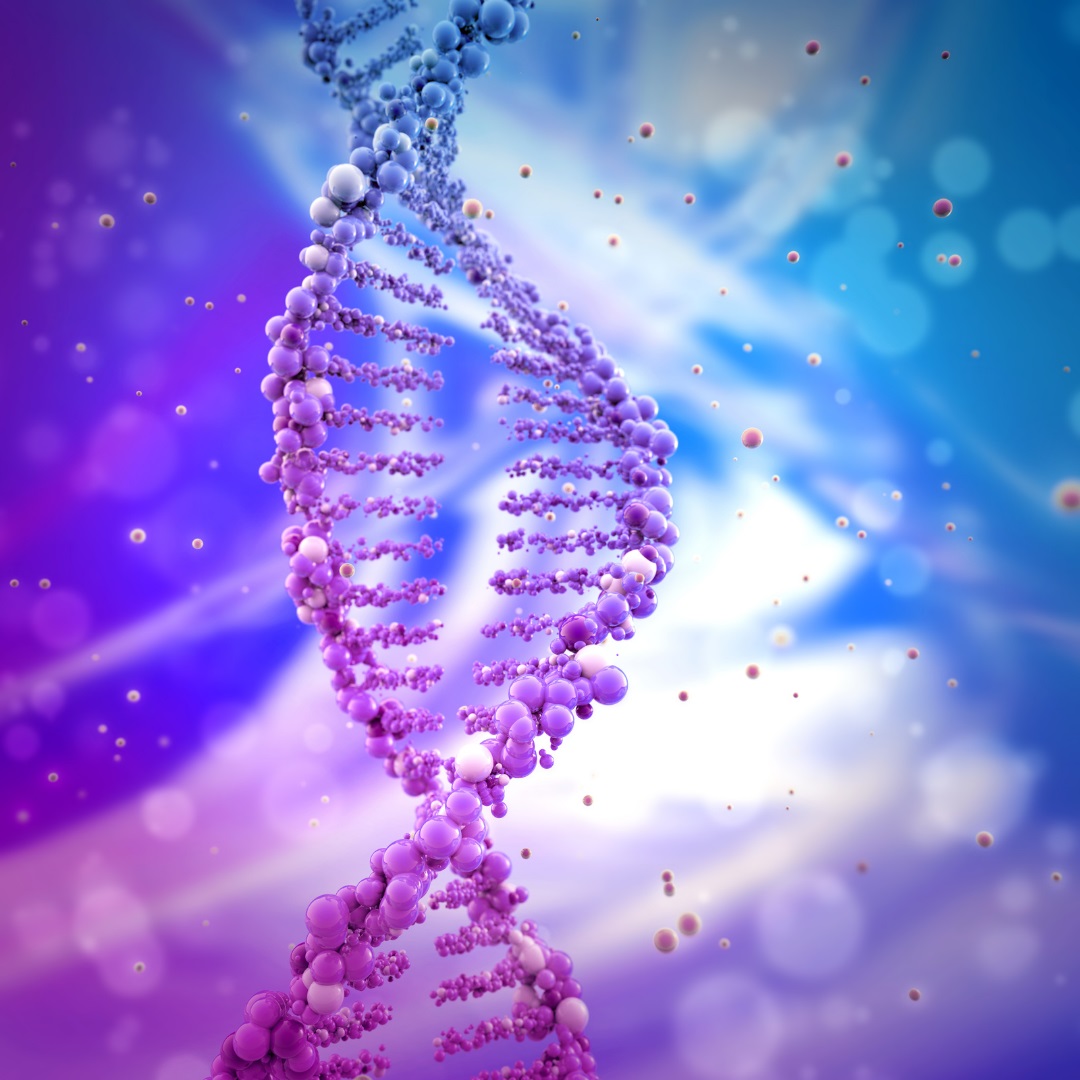 Oxidative stress is a vital factor in aging. In fact, it may be responsible for the speed at which the body ages. Therefore, it is important that there are ways to manage its consequences.
Oxidative stress is a vital factor in aging. In fact, it may be responsible for the speed at which the body ages. Therefore, it is important that there are ways to manage its consequences.
Free Radicals
While the human body needs oxygen to live, the act of breathing can also cause a harmful chain reaction through the formation of reactive molecules known as free radicals.
To put it simply, oxidative stress is the result of the formation of reactive oxygen species and similar compounds. This might confuse the body’s capability to detoxify free radicals.
As well, it might make it impossible for repairing the damage that could arise from the free radicals.
The can result in a wide range of diseases, as well as premature, poor, or accelerated aging. Taking care of your body is a good way to create the best life.
 You can think of this as a constant battle of good and bad, or positive and negative. For the most part, the goodwill cancels out the bad or fixes any arising damage.
You can think of this as a constant battle of good and bad, or positive and negative. For the most part, the goodwill cancels out the bad or fixes any arising damage.
However, there are times when the body’s defense mechanisms are endangered and oxidizing species take hold. The result can be the cause of deep damage.
This is why eating plenty of antioxidant-rich food is necessary to our overall health and wellbeing.
What Promotes Oxidative Stress?
It is true that free radicals occur naturally within the body. They are then confronted by the body’s naturally occurring antioxidants.
As well several external factors further stimulate their (radical) creation.
Every single day our body comes into contact with various substances. These substances can be from either the environment or through consumption.
This then promotes the formation of free radicals that increase damage to cells and DNA.
There are some sources that are the worse offenders. These sources should be avoided if at all possible.
- Overconsumption of sugars, calories, or refined carbs leading to the mitochondria releasing an “exhaust,” of higher levels of free radicals that result from burned fuel when food is converted to energy

- Excessive alcohol misuse leads to a surge in levels of cytokines. These are actually inflammatory molecules that are associated with oxidative stress
- Hydrogenated fats are artificially made trans fats that have been modified to stay solid at room temperature
- Various prescription medications
- Cigarette fumes, that are either directly or from second hand exposes you to more than four thousand lethal chemicals that increase oxidative stress
- Excessive UV ray exposure (suntanning)
- Psychological and emotional stressors
- Too little or even too much exercise. In fact, excessive physical activity can cause an increase in oxidative stress. Typically, too much is considered more than sixty minutes daily and too little is less than thirty minutes five days a week
- Air pollutants
- Chronic stress
- Barbecued and charbroiled foods comprising polycyclic aromatic hydrocarbons
- Being exposed to various environmental molds
- Poor liver and digestive function
- Inadequate sleep or sleep deprivation
The Dangers Of Oxidative Stress
 Oxidative stress is unavoidable, as every single day or body is in a state of back and forth production of reactive oxygen species (ROS) and neutralization with antioxidants.
Oxidative stress is unavoidable, as every single day or body is in a state of back and forth production of reactive oxygen species (ROS) and neutralization with antioxidants.
To put it in perspective, the reactive oxygen species are not necessarily oxygen. They are in fact a compound bearing a strong negative charge.
This charge can interfere with a number of cells and responses within the body supplying a rise to possible undesirable outcomes.
Antioxidants are compounds, which can donate an electron to the reactive oxygen species, making it stable once more and unable to do damage.
At the same time, the antioxidant, which donated a species, is not a direct threat either.
Reactive oxygen species do have some useful purposes, so you should never seek a complete reduction of numbers (highly improbable at any rate) but left to get out of hand typically have serious repercussions.
Reactive oxygen species have been negatively implicated in the following:
- Premature Aging – resulting from damage to DNA strands or bases, leading to imperfect replication of cells
- Cancer Development – also related to damage of DNA, some new cells may lack the ability to self-regulate (kill themselves at a certain age/size) and continue growing uncontrollably

- Heart Disease – which can cause destruction to blood vessel walls, platelets, and other compounds which then aggregates and forms blockages that then initiate the inflammatory process
- Impaired Immune Function – lading to increased frequency of infections connected with periods of high stress
- Alzheimer’s Disease and Parkinson’s Disease – are complicated neurological diseases that ordinarily occur later in life and have a host of contributing factors underlying development. Oxidative stress is one such contributing factor.
The Connection Between Aging And Oxidative Stress
Most people do not consider the normal rate of aging, nor do they consider what to expect.
Consider that you are a thirty-something-year-old woman, who just three years prior would regard your appearance as “radiant.”
Move forward to today, and you have quite a few grey hairs, crow’s feet around your eyes, and skin that looks lifeless.
The question you should be asking yourself is if this is normal for a woman in her thirties and if such drastic changes are normal within the course of just a few years?
The answer should almost certainly be no since aging should be a gradually slow process, not something that is markedly visible over just three short years.
What is the major culprit of premature aging? Oxidative stress.
The normal processes that occur inside the body but which may have gotten out of hand, causing damage to otherwise normal cells compromising their regenerative and restorative abilities.
How Oxidative Stress Accelerates Aging
 Oxidative stress causes damage to levels both structurally and beyond, affecting as deep as DNA replication.
Oxidative stress causes damage to levels both structurally and beyond, affecting as deep as DNA replication.
As such, its effects can be diverse and devastating, affecting any part of the body.
Typically, the most affected parts that accelerate the aging process include:
- Skin – through oxidative stress resulting from food consumption is a popular method of premature aging when it comes to the skin the effect of UV rays from the sun is most pronounced. UV rays have a way of penetrating the layers of skin, damaging cell membranes and affecting the normal replication of some skin cells. In addition to drying out of these cells, permanent loss of collagen and elastin structural proteins may be accelerated as well.
- Promotes Heart Disease – in people with normal heart function, one of the most common traits is an unobstructed circulatory system. ROS can initiate a cascade of inflammation and abnormal clotting inside blood vessels, leading to complete or partial blockage. This occurs more frequently in individuals with poor lipid profiles since fat deposits are by nature pro-oxidant and pro-inflammatory. These blockages can lead to heart attacks, stroke, or long-term heart failure.
- Cancer – Cancer is complex, and usually has numerous contributing factors, but ROS plays a large part in the development of the disease. Oxidation can cause damage beyond the cellular level, as far as DNA, which would result in the synthesis of defective cells on a larger basis. This change to DNA explains why cancer is said to run in families, as it can have a genetic link. Oxidative damage can kill cancerous cells in their infancy but is often likely to initiate the disease.
- Promotes Inflammatory Disease – encompasses heart disease, but also extends to conditions of the brain and other organ systems. Loss of function of these critical organ systems is a major contributor to aging, as either detox systems fail (liver, kidneys) or the body’s central processor the brain becomes unable to do what it is supposed to. As such, the body deteriorates and aging is accelerated as oxidative stress takes hold.
- Slows Metabolism – a healthy metabolism is essential to keeping up energy levels and ensuring cells get the nutrients they require in a timely manner. However, oxidative stress can result in damage occurring to the powerhouse units within cells. These cells are the mitochondria, which can reduce the efficiency with which cells can properly break down and assimilate nutrients.
What is Oxidation – Dr.Berg on Free Radicals and Antioxidants Video:
It is important to make certain lifestyle and dietary changes that could help reduce oxidative stress.
It may be important to include maintaining healthy body weight and exercising regularly. As well it is important to eat a balanced diet rich in fruits and vegetables.
Tomorrow we will examine how diet helps reduce oxidative stress.




